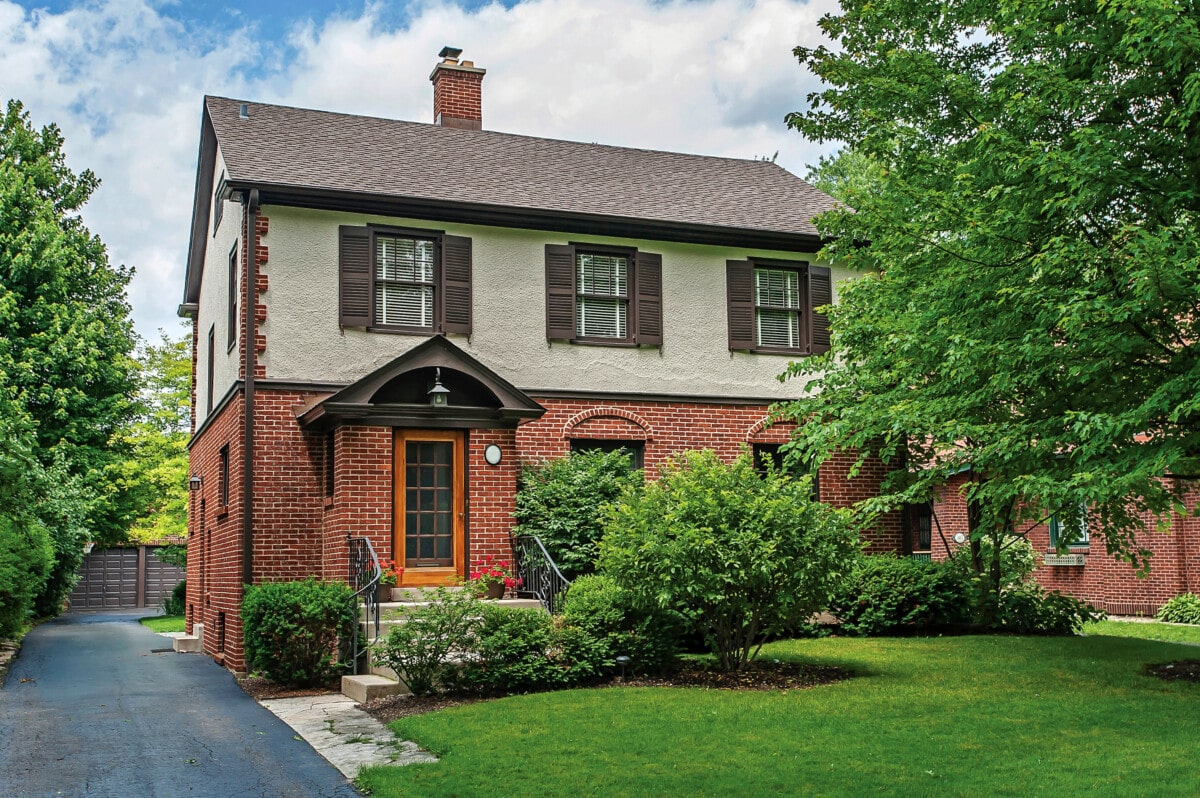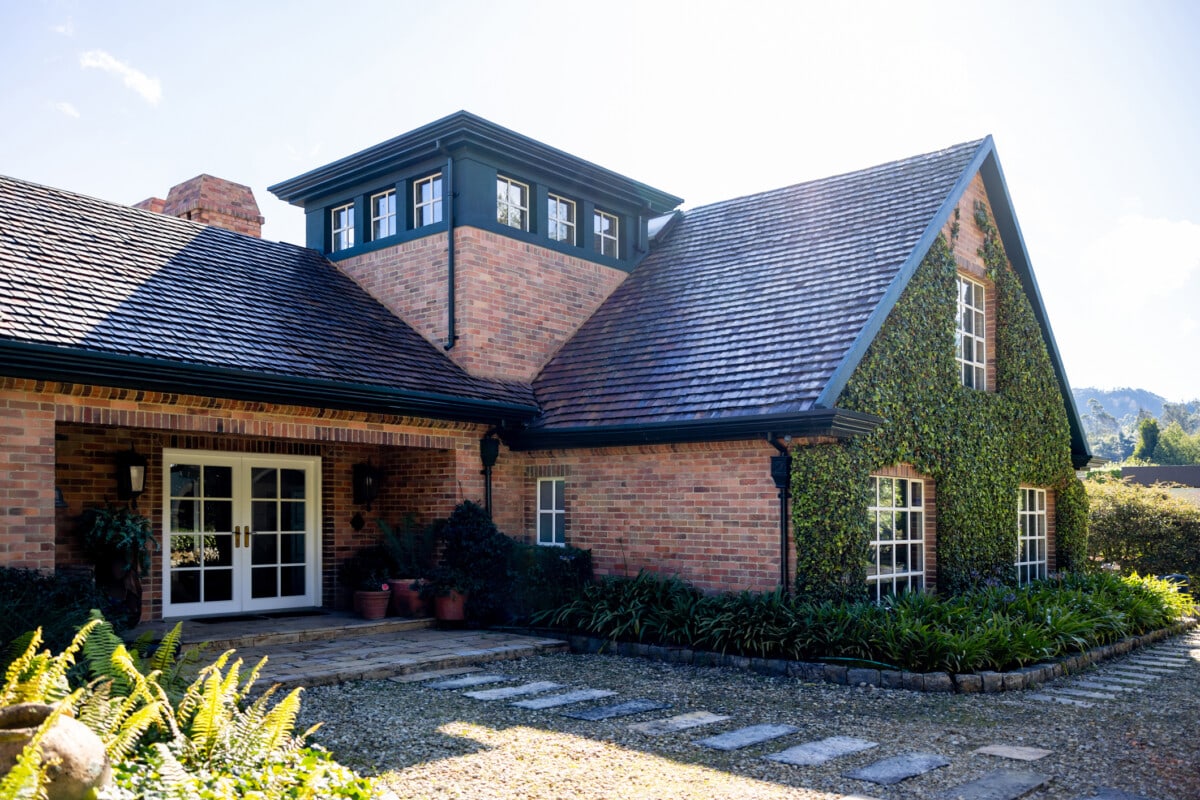Should You Rent or Sell Your Home?

Leaving your current house and moving to another one gives you several options. While many homeowners choose to sell outright, many choose to keep their old home and rent it out. This decision can be influenced by several factors: a strong rental market in your area, the benefit of a low current mortgage rate, or the challenges of selling a home at the desired price. If you are wondering whether to sell or rent your house, there are a few things to consider.
Key Takeaways
- The answer depends on your circumstances, your housing situation, and your current finances.
- Selling your house can be the right option if you need money to buy your next home or to make a profit.
- Renting your home may be the right choice if you plan to stay in your home again, have a low mortgage, or are looking for extra cash.
What are the rental prices in the area?
Does it make sense to rent your house? In some areas, rental prices can easily cover your mortgage payments. Depending on how much money you have left on your mortgage or if you have a lower mortgage rate, the rent for your old home may include monthly payments, as well as the homeowner’s insurance and property taxes you pay. However, if you just bought your house and want to rent it out, your mortgage payments may be too high for you to afford.
Look houses that compare to yours in terms of size and location. This should give you a ballpark estimate of what price your house can rent for. If you’re not on a tight timeline to leave your current home, be aware of how quickly similar homes in the area are going up for rent. If rental properties remain empty for more than a few weeks, you may have trouble finding consistent tenants.
A real estate agent can help match you with a tenant or give you an idea of your rental prospects. They can also give you an insight into whether your property is desirable to tenants. For example, if it is near a university or a major employer, you can hire students or workers who have moved to that major employer. However, if the house is far from the city center, or you are in a residential area, you may have trouble finding tenants.
Do you need equity in your current home?
Why are you leaving your old house? Are you buying a new home? If you’re planning to upgrade to a larger home, you may need money from the sale of your old home to put a down payment on your new home. If you have enough equity in your current home, it may make sense to sell the house instead of renting it out.
If you can afford the down payment on your new home without selling your current one, usually around 20%, then renting your old home makes sense.
How is the market in your area?
I housing market it is not consistent across the country, and different parts of metropolitan areas may be more powerful. If the current market is slow and you think you can sell your home for a higher price in a few years, then it may make sense to rent until housing prices rise again. However, if it’s a seller’s market and you can get a higher selling price for your home, selling it may be a better option. Keep in mind that homes that have been rental properties, often have a difficult time selling them afterwards. You may have more wear and tear on a home if multiple tenants have lived there, which can mean spending more money getting it ready to show and sell.
Experienced real estate agent in your area can help you determine the maximum vales for your home and whether or not the current market can support that sales price. Agents who have lived in the area long enough to be familiar with the real estate market are in a good position to help you determine the best time to sell.

Will you live in the house again?
Consider that you plan to live in a house or place again. You may be in a situation where you need to move for a while, and you plan to return to your original home after a few years. Having a good tenant to live in can ensure that your home stays in good shape instead of sitting empty. You will receive income from the rental property and the equity in the old home as well as your new one.
Do you have the time and money to own a property?
For those new to investing in rental properties, it may seem easier to rent out their current home and enjoy the income while paying off the mortgage. However, if you are a first-time landlord, you may find it challenging to rent your property. First, homeowners are responsible for major repairs around the house. Landlords must fix things such as broken pipes, malfunctioning HVAC systems, and structural damage, among other important repairs. If you don’t have a few thousand dollars on hand to take care of these repairs, you could end up in a bind
There are specific laws in place to protect employers, including the honesty of the landlord to make major repairs to the house. In addition, there are certain things you can and cannot do as a landlord. Awareness Fair Housing Laws it’s important to make sure you don’t accidentally break them.
Do you need a property manager?
A property management company can help pet tenants, collect rent, and organize repairs and maintenance. A good property management company is also up to date with the current requirements in your state regarding landlord responsibilities. If you plan to just rent out your apartment, you may choose to handle the renovations and search for a tenant yourself, especially if you live nearby. However, if you are planning to build a portfolio of rental properties, then having a single management company may be a better option.
Property managers can help ensure that your apartment or apartments remain occupied, including working with local agents, holding open houses for prospective tenants, and conducting quick background and credit checks on those applying to rent. As a landlord who does nothing in this situation, you are able to free yourself from the responsibility of emergency repairs and the time of looking for people to occupy your rental property.

Consider renting
Another option when considering whether to sell or rent your home is to do a rent-to-own agreement. In these cases, the tenant will put a down payment on the house and pay you rent for a certain period of time. After the lease is completed, the tenant will have the option to purchase the home. When they make lease payments, a portion of those payments will go toward the final price of the home.
This option may work for you if the housing market in your area is stagnant, allowing you to pay off the mortgage without committing to a long-term rental property. These leasing options can be beneficial for renters, too, as their financial situation can improve enough over time to be able to afford a mortgage.
What makes a house a good rental property investment?
Does your house have the potential to be a great place to live? There are a few things to consider before listing your home for rent. You may need to make small repairs and improve your property to attract good tenants who will take care of the house and pay on time. New paint and carpet are often needed and needed in some areas.
The location of your investment property is one of the most important factors in determining whether you will have tenants moving in or whether you will be responsible for paying the mortgage out of pocket if the house remains empty. The location of the home can easily make the difference between having a permanent residence and losing money on a rental property.
Final thoughts on renting or selling your home
Deciding whether to sell or rent your house depends on a careful analysis of the property and the demand for the property. Will the area have a high demand for tenants, or will it likely struggle to find tenants? You will also need to look at your finances and decide whether selling or renting will give you the best return on your investment. Choosing the right real estate agent to advise you in this process can help you answer your question of whether to sell or rent your home.
Source link



